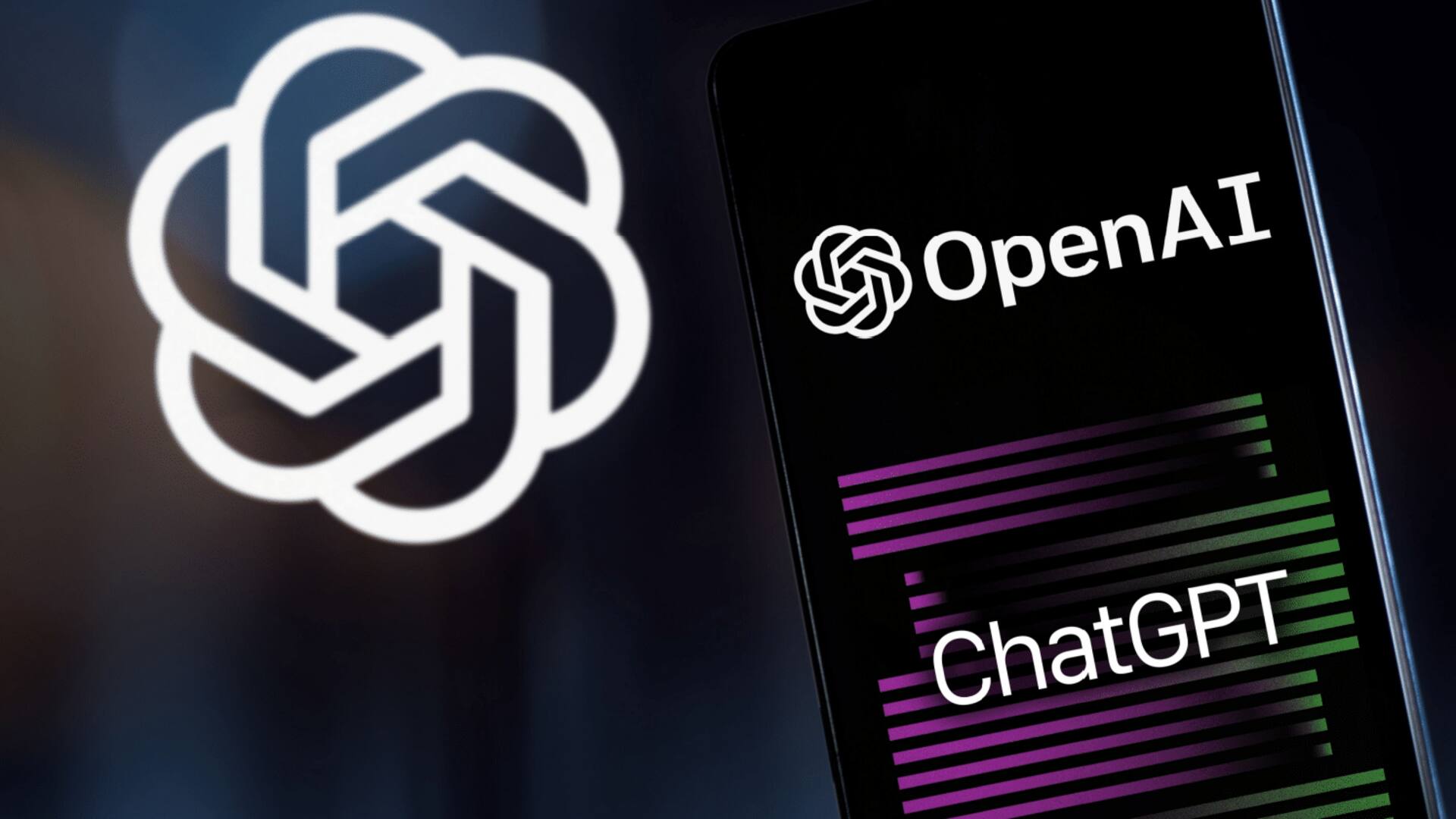
OpenAI is considering making its own AI chips
What's the story
ChatGPT's creator OpenAI is thinking about making its own artificial intelligence (AI) chips to combat the global shortage of advanced processors. Sources told Reuters that OpenAI has been looking into various options, such as developing custom chips or making potential acquisitions, to tackle the costly and limited availability of AI chips. CEO Sam Altman has made securing more AI chips a top priority due to the scarcity of graphics processing units (GPUs) and the high costs of running OpenAI's software.
Details
Weighing options for securing AI chip supply
Recently, OpenAI has been discussing different strategies to ensure a steady supply of expensive AI chips. These options include making their own chips, partnering more closely with existing chipmakers like NVIDIA, or even diversifying suppliers beyond NVIDIA as part of the company's strategic plan. However, OpenAI has not yet reached a final decision on how to address the AI chip shortage issue.
What Next?
High operational costs driving the push for custom chips
Altman has described the high costs of running the hardware needed for OpenAI's ambitious projects, especially ChatGPT, as "eye-watering." Operating ChatGPT, which is built on a supercomputer created by Microsoft and powered by NVIDIA's GPUs, is a pricey endeavor for OpenAI. Analysts estimate that each ChatGPT query costs around four cents, putting a significant financial strain on the company and driving the push for custom chip production.
Insights
Challenges and potential benefits of in-house chip production
If OpenAI opts to develop its own AI chips, it would follow in the footsteps of tech giants like Google and Amazon, who have chosen to control the design of chips vital to their businesses. However, experts say it's a big, expensive risk, and there's no guarantee it will work. OpenAI has also considered acquiring an existing chip company to speed up the process of building its own chip, similar to Amazon's acquisition of Annapurna Labs in 2015.
Facts
Dependency on commercial providers and changing dynamics
Even if OpenAI moves forward with plans for a custom chip, including a potential acquisition, the implementation timeline is expected to take several years. In the meantime, the company will still rely on commercial providers like NVIDIA and Advanced Micro Devices. Microsoft, OpenAI's main backer, is also actively developing custom AI chips that OpenAI is currently testing. This development could indicate a shift in the relationship between the two companies as OpenAI explores self-sufficiency in AI chip production.